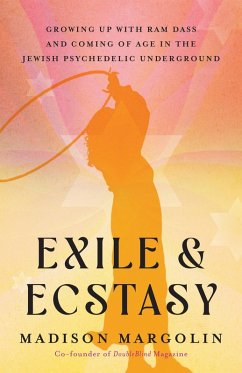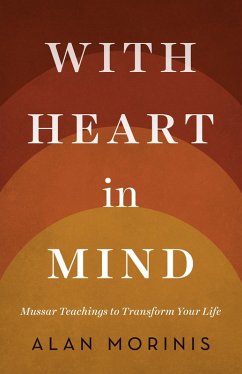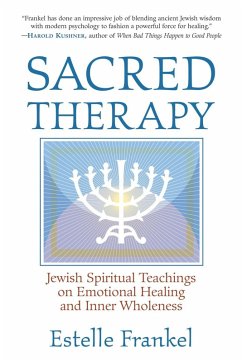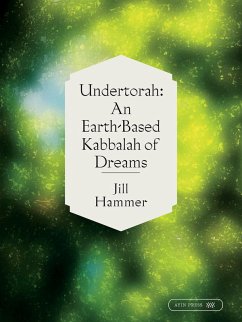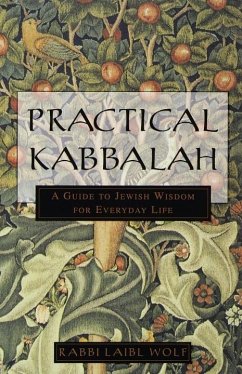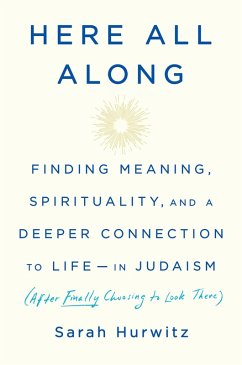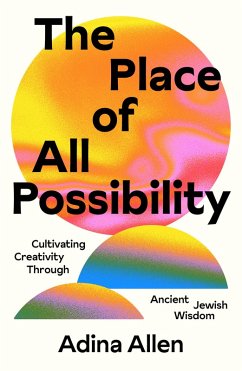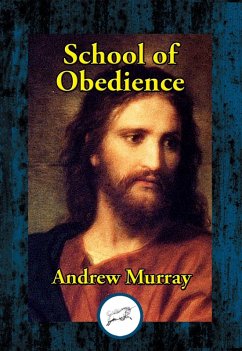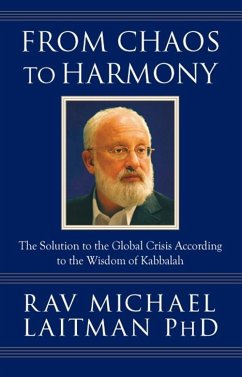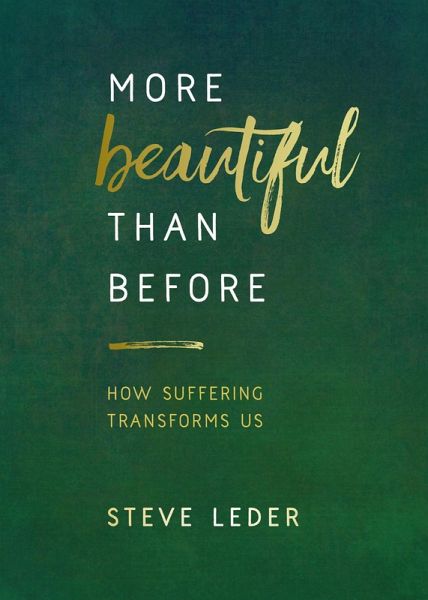
More Beautiful Than Before (eBook, ePUB)
How Suffering Transforms Us

PAYBACK Punkte
3 °P sammeln!
Every one of us sooner or later walks through hell. The hell of being hurt. The hell of hurting another. The hell of cancer, the hell of divorce, the hell of chronic pain. The hell of anxiety, depression, Alzheimer's, a kid in trouble. The hell of a reluctant, thunking shovelful of earth upon the casket of someone we deeply loved. The point is not to come out of hell empty-handed. There is real and profound power in the pain we endure if we transform our suffering into a more authentic, meaningful life. As the Senior Rabbi of Wilshire Boulevard Temple in Los Angeles, one of America's largest a...
Every one of us sooner or later walks through hell. The hell of being hurt. The hell of hurting another. The hell of cancer, the hell of divorce, the hell of chronic pain. The hell of anxiety, depression, Alzheimer's, a kid in trouble. The hell of a reluctant, thunking shovelful of earth upon the casket of someone we deeply loved. The point is not to come out of hell empty-handed. There is real and profound power in the pain we endure if we transform our suffering into a more authentic, meaningful life. As the Senior Rabbi of Wilshire Boulevard Temple in Los Angeles, one of America's largest and most important congregations, Steve Leder witnesses a lot of pain: "It's my phone that rings when people's bodies or lives fall apart." In this deeply inspiring book, written in the spirit of such classics as When Bad Things Happen to Good People, Rabbi Leder guides us through pain's stages of surviving, healing, and finally growing. Drawing on his experience as a spiritual leader, the wisdom of ancient traditions, modern science, and stories from his own life and others', he shows us that when we must endure, we can, and that there is a path for each of us that leads from pain to wisdom. This powerful book can inspire in us all a life worthy of our suffering; a life gentler, wiser, and more beautiful than before. "So often I hear people quote Ernest Hemingway, who said, 'The world breaks everyone, and afterward many are strong at the broken places.' That has always sounded more like Hemingway bravado than the truth to me. . . . I know that a broken marriage, a broken heart, a ruined reputation-none of those things grow stronger. But we can heal enough, we can somehow find our true selves again-or for the first time-and what we find really is often gentler and wiser and more beautiful than before. A second love. A second chance. Another way to walk forward."
Dieser Download kann aus rechtlichen Gründen nur mit Rechnungsadresse in A, B, BG, CY, CZ, D, DK, EW, E, FIN, F, GR, HR, H, IRL, I, LT, L, LR, M, NL, PL, P, R, S, SLO, SK ausgeliefert werden.




